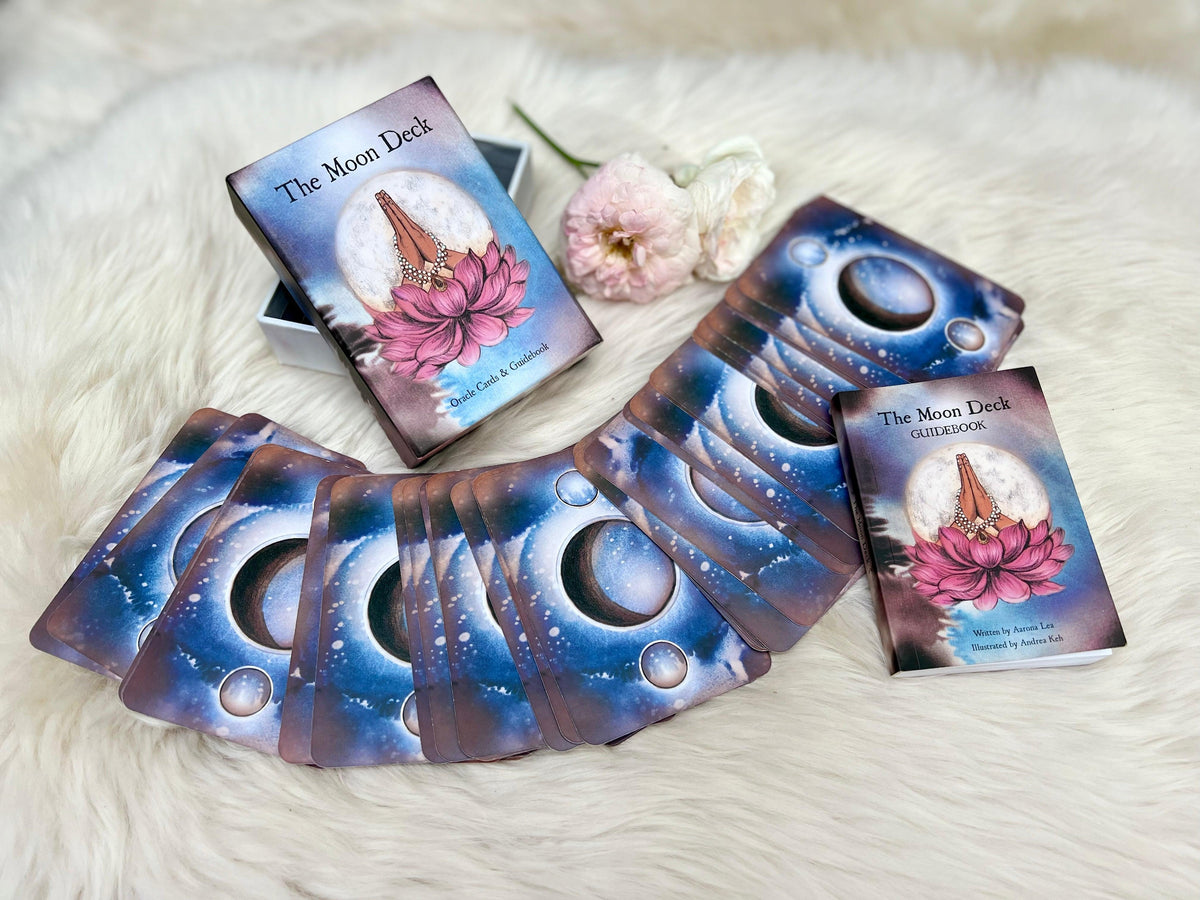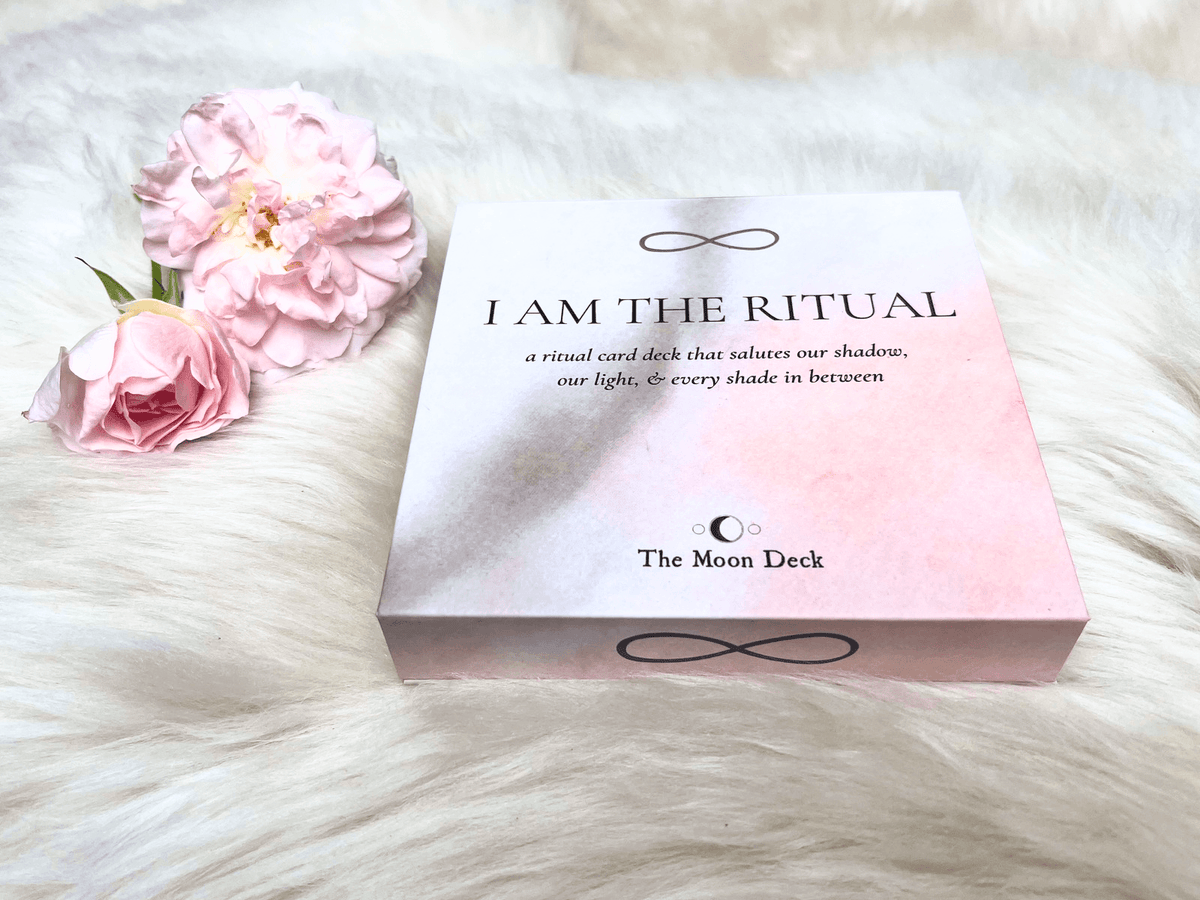
The month of May in the United States is a time when we honor mothers, with Mother's Day having happened earlier in the month. Mothers are the life-bringers of the planet. Whether we have a relationship with our mother or not, we can offer a bow of reverence and gratitude for the life they have given to us.
It's also the month that has been deemed Mental Health Awareness Month, which draws attention to the importance of dedicating resources and clearer understanding to the well-being of our minds. Mental Health has been stigmatized for some time, yet we all have minds and they undergo illness just as our bodies do, especially if we are not taking care of them. Our mental health is a product of genetics, our environment, our experiences, our chemistry, and the beliefs that have been written in our thoughts as truths.
The month of May points to two important truths: we all have minds, and we all came from a mother. The two are more intertwined than we might be aware of. The mother complex is an important exploration because it directly relates to our ability to mother ourselves. This impression, as well as the ones that are made throughout our childhood and young adulthood, and how our physiology responds to it over the course of our lives, contribute in a big way to our mental well-being and the perspectives we carry through the world.
The Psychological View of the Importance of Mothers
When we are born, our understanding of the world is naught. As babies, our nervous system's interpret safety or lack of safety by the presence of our caregivers, namely our mothers. When a baby comes into the world, it looks for contact with its mother which it still identifies as itself. If the mother is not there, there is stress for the baby, and some infant psychologists theorize that what the baby experiences in that moment is what is known as annihilation anxiety – the fear of non-existence. When the mother appears and the baby has contact with the mother, the baby is soothed and their nervous system becomes regulated.
As an infant grows, the baby develops a subject-object relationship, meaning that it can perceive itself as separate from its caregivers. If the baby feels like its needs are met and that the caregivers respond to them, the baby begins to develop healthy attachment. If the baby is neglected, the attachment can become anxious or avoidant. These attachment styles follow us throughout life and are often reaffirmed through our relationship with our caregivers and then our romantic partners and most intimate relationships as we grow older.
From the moment we are born, our mother's and their actions have an immediate affect on our mental and emotional development. As we age, we begin to form what is called a Mother Complex, based on our own experience with our mother. If we never got to meet our mother or if she was constantly gone, part of the mother complex may include an identification with absence and unreliability. If our experience of our mother was that she was very loving and supportive, that identification will be in our mother complex. Why this is important is not for casting blame or judgment on our mothers. They, like all of us, are human. Those of us that are mothers now are also human, and in no way will we be or could we be "perfect" mothers. In fact, most development psychologists agree that there is no such thing. Mothers need to be celebrated for their brave willingness to be imperfect, and to love big anyway.

The mother complex is an important exploration because it directly relates to our ability to mother ourselves. As adults, one of our primary responsibilities is to learn to parent ourselves. To provide the support, the boundaries, the discipline, the forgiveness and the loving care we need to thrive. If we are harboring a mother complex that is not serving us, we can work to forgive our mothers for whatever hurt they may have passed down to us from their own mother complex and give ourselves the mothering that we need at this time.
The mother complex is also important for those of us that have children or want to have children. Because our mothers were operating with their own mother complex's, they were mothering in a way that was directly learned from their mothers (unless they did the inner work to examine the aspects of their own experience of being mothered that were not supportive). In this way, we can be the one that stops passing down the pain from one generation to the next. We can write a new narrative by respecting our mother's for all they have given us, the support and the pain, even if it's for life itself.
From here we can choose the type of parent we want to be - whether that be to our own children or to ourselves and to what we choose to give birth to in the world.
Mental health is not solely about diagnoses. A big part of mental health is the willingness to look at our minds, question how our thoughts and perspectives were formed, and do the work to establish healthier ways of being and seeing our reality. We can choose to anchor into love, forgiveness, and gratitude for all we have experienced, all we have learned, and all we are consciously choosing.
A deep bow to our mothers, biological and chosen, for paving the way for life to be lived.








